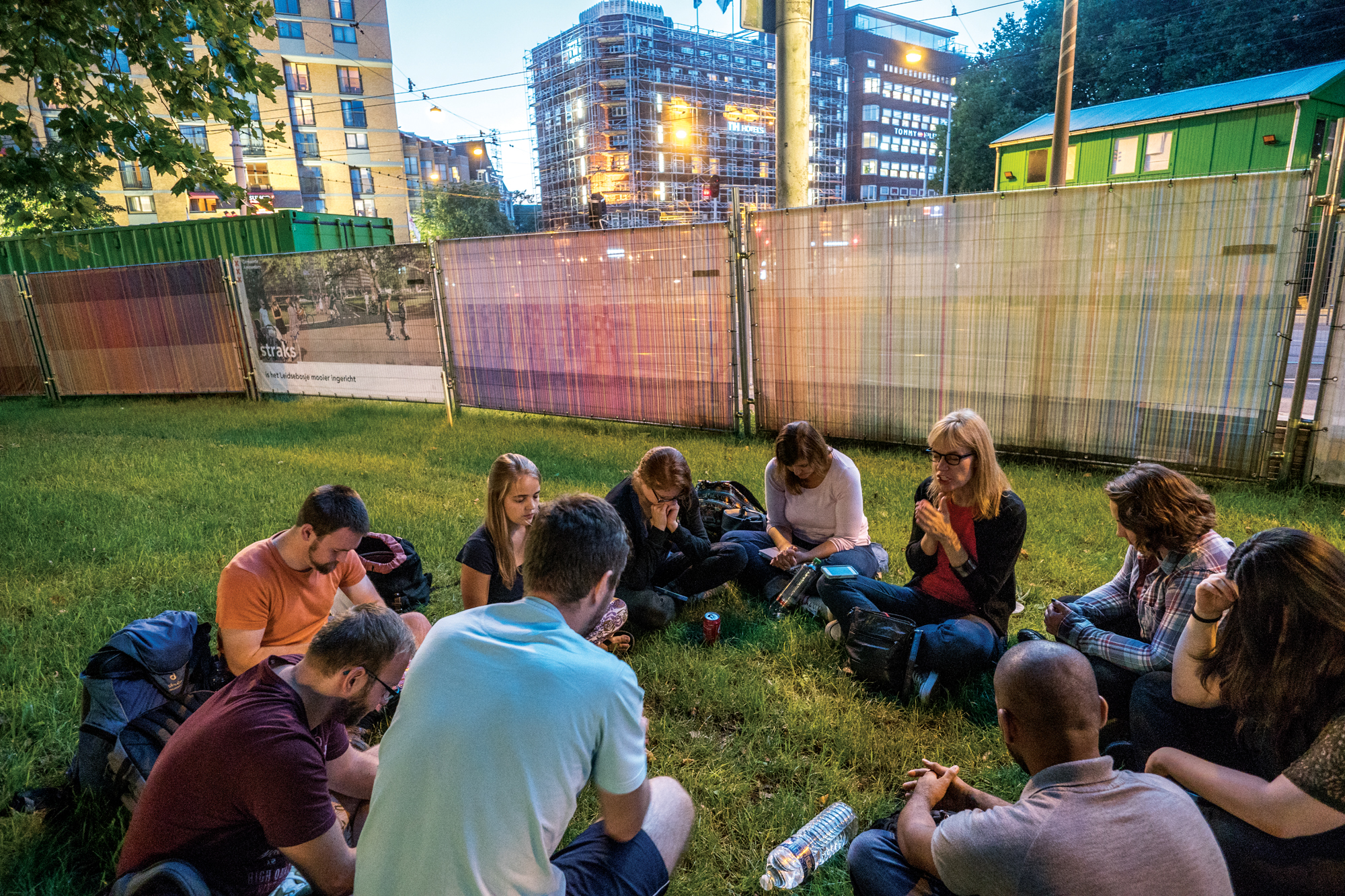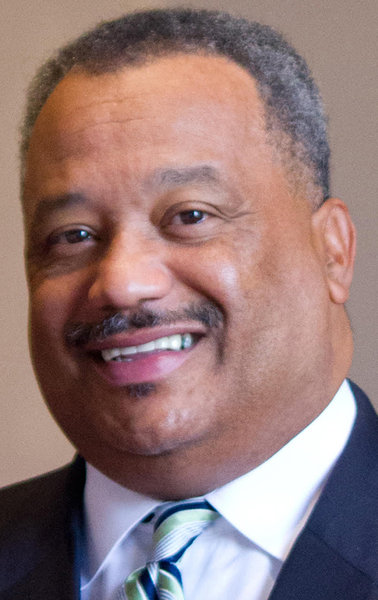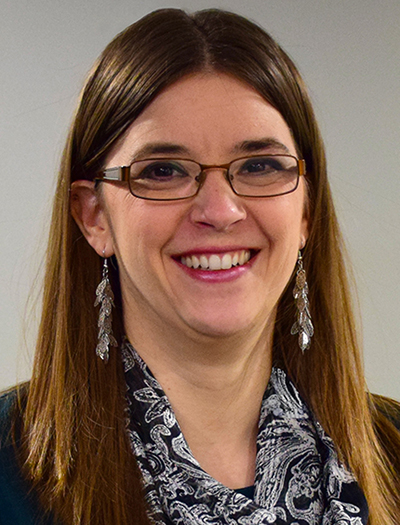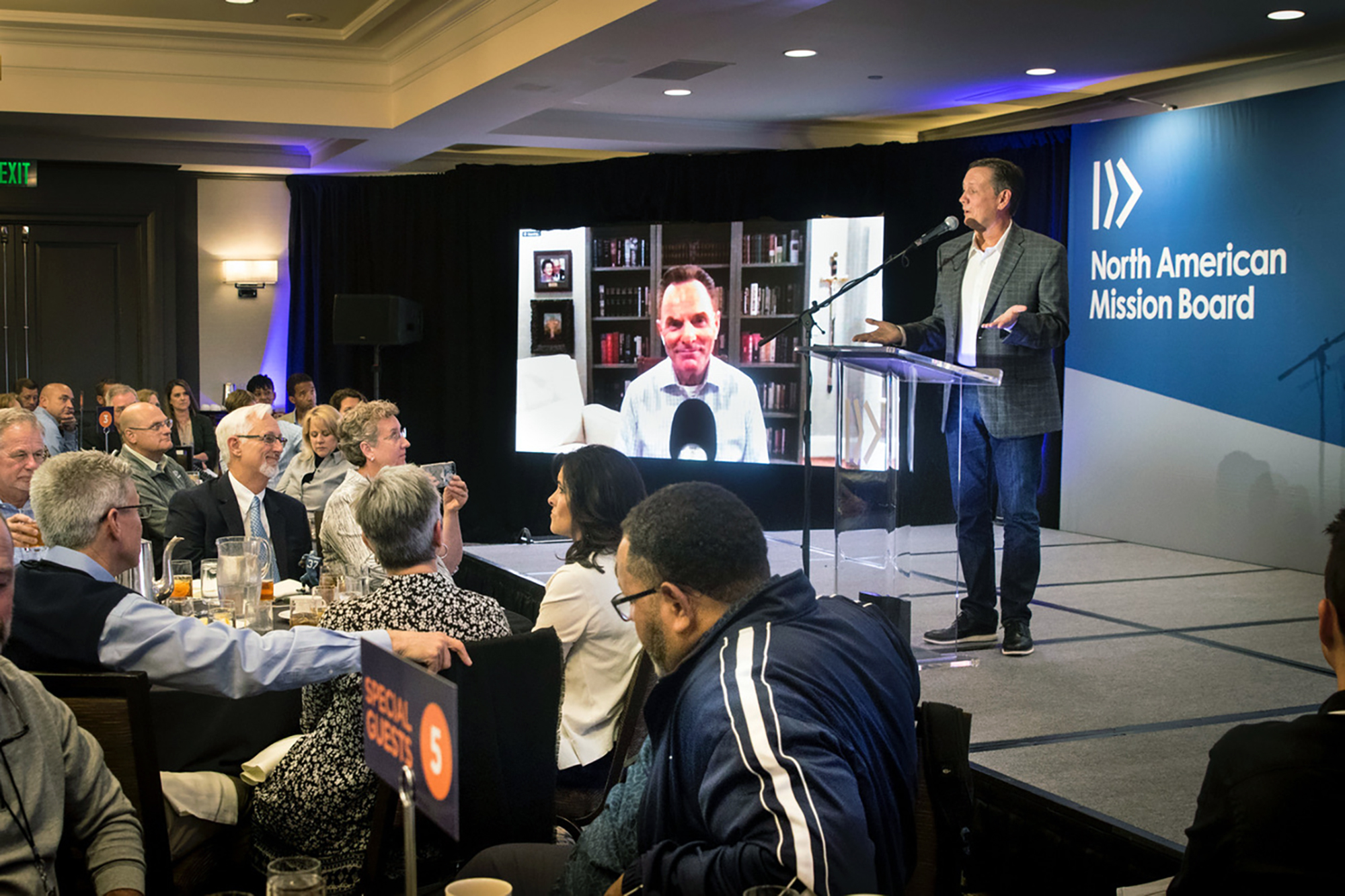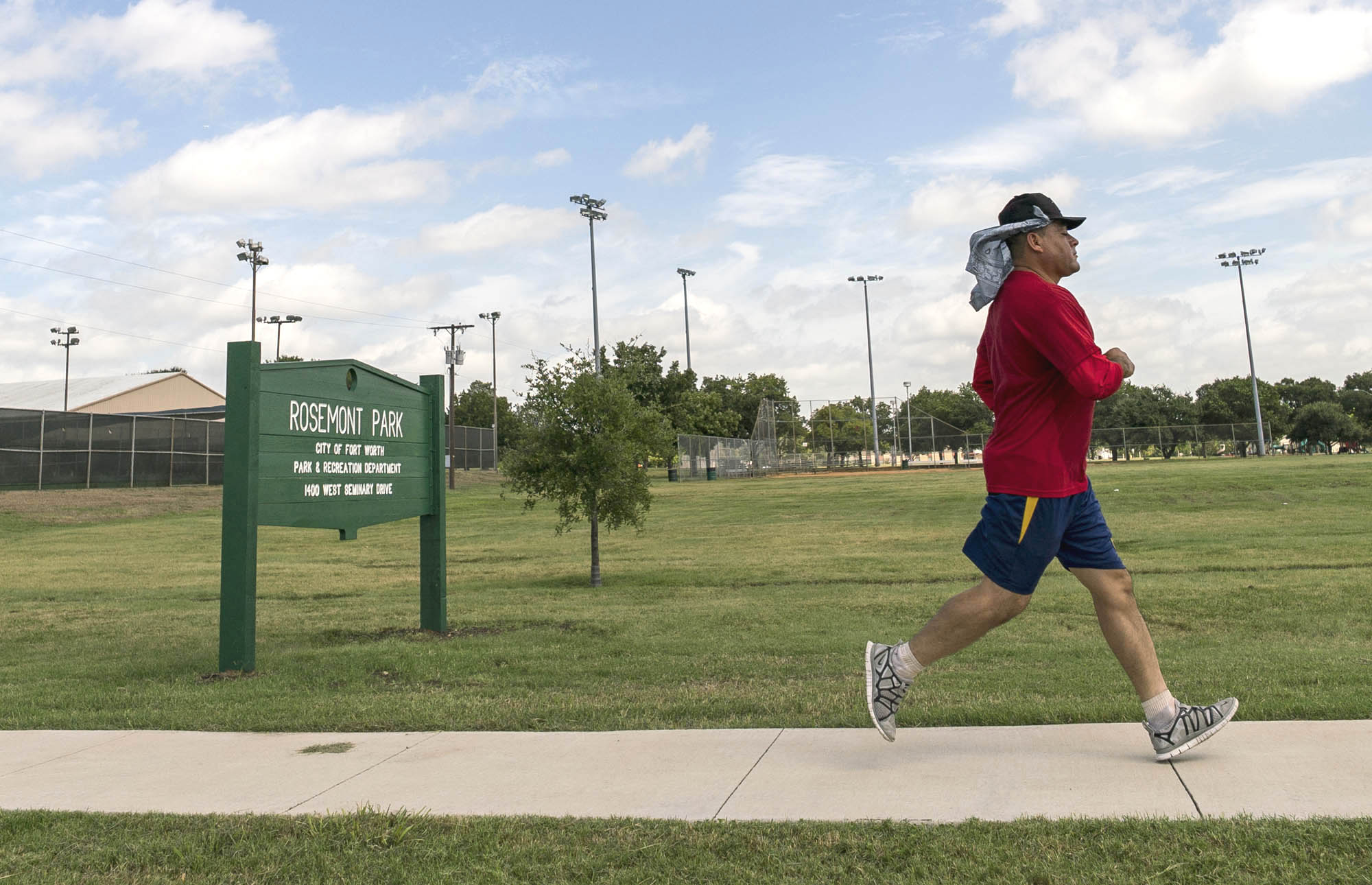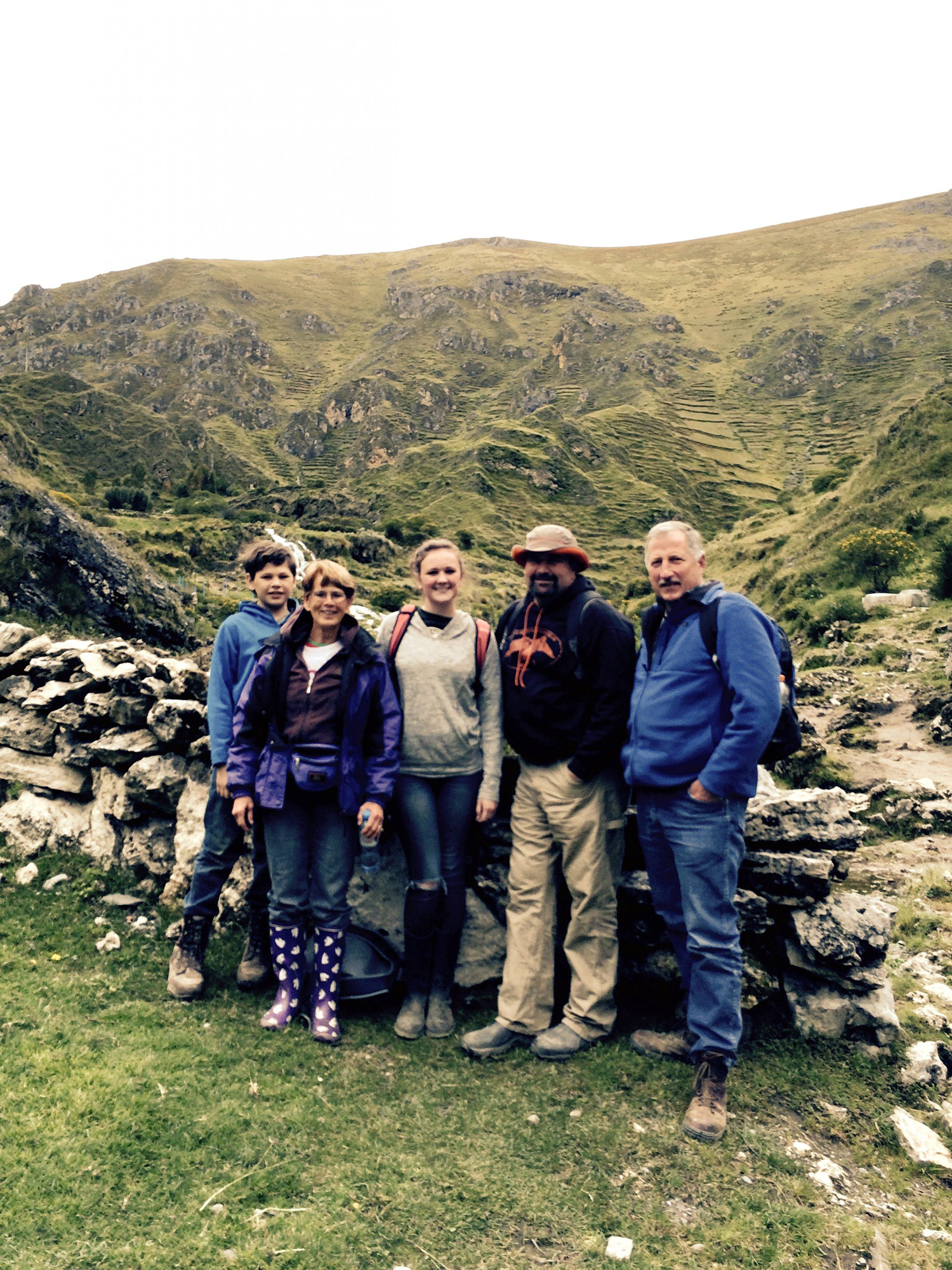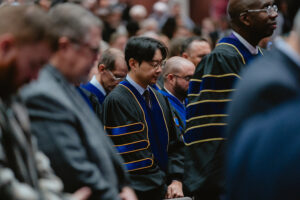
[SLIDESHOW=43892,43893]JENA, Germany (BP) — “Don’t you know where you are?” was the reaction Martha Moore often heard. “People don’t do religion in east Germany.”
Moore moved to Germany in 2000 to serve as a campus evangelist at the University of Jena and start a new ministry, now known as Connexxion. It was clear that it would be a challenge to see lives transformed by the Gospel in a country where many are atheists or agnostics.
Nearly two decades later, Connexxion has grown from a small group of students to a ministry with multiple locations in Germany, Spain and the Netherlands. As Connexxion works to “penetrate the spiritual darkness with the Good News,” Moore, the program’s director, has seen God use the ministry to multiply the number of believers, expand Connexxion’s reach in Europe and even plant churches.
Moore received her call to collegiate ministry while attending Southwestern Baptist Theological Seminary, where she earned a master of divinity degree in 1987.
This season of life for young adults — that is, their college years — provides unique opportunities for evangelism and missions, Moore says.
“College is a great time in which God can call people for a lifetime of ministry or just to be a lifelong laborer for Christ,” she notes. “This is a good window of time before financial pressures, before they are sent in different directions, and even before any regret of more and more years lived away from God. It is such a pivotal time to reach people.”
As God led her to serve in Europe, Moore was eventually placed in the university town of Jena. Aware of the significant need for campus evangelism in Europe, Moore hoped to create a ministry model that could be duplicated in a variety of contexts.
Connexxion’s vision is for college students “to ‘connect’ with Jesus Christ in faith, have fellowship with one another, and in turn be trained to reach a lost world with the Gospel.” Moore and her fellow team members aim to accomplish these goals by connecting with students and seeking opportunities to engage them in spiritual conversations.
Connections are made in a variety of ways, including outreach through spiritual surveys and Soularium cards (a collection of photographs with accompanying questions that facilitate spiritual discussion). Although these methods often open doors for conversation, most students are more receptive after they establish a measure of trust. One way in which Moore and her team accomplish this is through informal gatherings such as game nights, excursions and dinners. During these times, students simply get to know one another and develop relationships. In most cases, she says, students need to feel welcomed by Christians before they are open to the Gospel.
“If you start talking about a lot of belief stuff, that will raise red flags for people,” Moore says. “So really, we are trying to break down barriers with relationships.
“When you get to the Gospel, there is a surprising number of people who will say, ‘OK, that is interesting.’ They become much more interested because we’ve already started to build that rapport with them.”
After participating in some of the activities — or even after just one dinner — students oftentimes join Bible discussion groups and Bible studies. These small groups seek to be a “safe place” for students to ask difficult questions, all while “letting the Holy Spirit work through the power of His Word.”
Regardless of the setting in which students gather, Moore says what remains a priority is a commitment to sharing the Good News of Jesus Christ. “It has to be about evangelism. We can’t just start getting Christians together and doing discipleship groups,” she says. “Although that is important, we have to do so with a missional purpose. It has to be missional from the start.”
During Moore’s first semester in Jena, a university student named Anja joined one of the group’s evening Bible discussion groups. Anja grew up in former East Germany. Her parents were atheists and, other than reading a passage from a family Bible as a child, Anja never thought much about God.
During Anja’s sophomore year, a friend invited her to attend a church service. Anja had never experienced such customs as prayer and singing in a group setting, so the entire service was unusual for her. Although the church members were welcoming and friendly, Anja had a difficult time believing their kindness was sincere.
After following up over coffee later, her friend shared the Gospel with her. Anja was not entirely opposed to the message presented to her, but she still had questions. Her friend then told her about Moore and a weekly gathering of students who were “just like her” — who did not know anything about the Bible and discussed common yet difficult questions.
Anxious and uncertain of what to expect from the Bible discussion group, Anja nevertheless showed up. Moore recalls that she was shy and reserved but clearly interested in that week’s discussion.
Anja returned in the following weeks, mostly observing, but eventually she opened up. She began to read more, and she asked questions when Moore and other students shared the Gospel.
By the following April, the truths of Scripture had sunk in, and Anja gave her life to Christ. Moore says she immediately saw a change in Anja as she grew in her relationship with the Lord and became more involved with Connexxion.
“God did a great work in her,” Moore says. “I saw a real transformation even in her personality. She really came out of her shell and started leading and serving even in major conferences and Bible studies.”
Anja was on track for a career in social work, but God used her time as a student leader in Connexxion to call her to fulltime ministry. In March 2003, she joined the Jena Connexxion staff, and Moore eventually encouraged her to pursue theological training. Reflecting on her own time at Southwestern, Moore says she learned the importance of being equipped and biblically grounded when doing ministry.
“Knowing that you are going to be sent out, you soak up and learn all you can, ask the right questions, and get grounded to make sure your theology is solid,” Moore says. “It is important to get grounded in your faith and theology so you don’t only believe, but know why you believe.”
In 2005, Anja moved to Fort Worth to attend Southwestern Seminary to pursue a master of arts degree in Christian education. As Anja prepared to return to Germany following her 2008 graduation, Moore was preparing to move to Spain to start another Connexxion group in Seville. So, upon returning to Jena, Anja took over the main leadership position of the Jena Connexxion group and later started a new Connexxion group in Bonn, Germany.
Now in the early stages of launching yet another Connexxion group in Amsterdam, Moore says she is in awe of the way God connects the lives of students and believers throughout the world, furthering the Gospel and making disciples of all nations.
“We have seen the walls break down in the lives of students,” she says. “[They go] from being raised as atheists to hearing the Gospel and responding in faith and being discipled. Many have even been called to serve internationally as lifelong laborers for Christ.”
